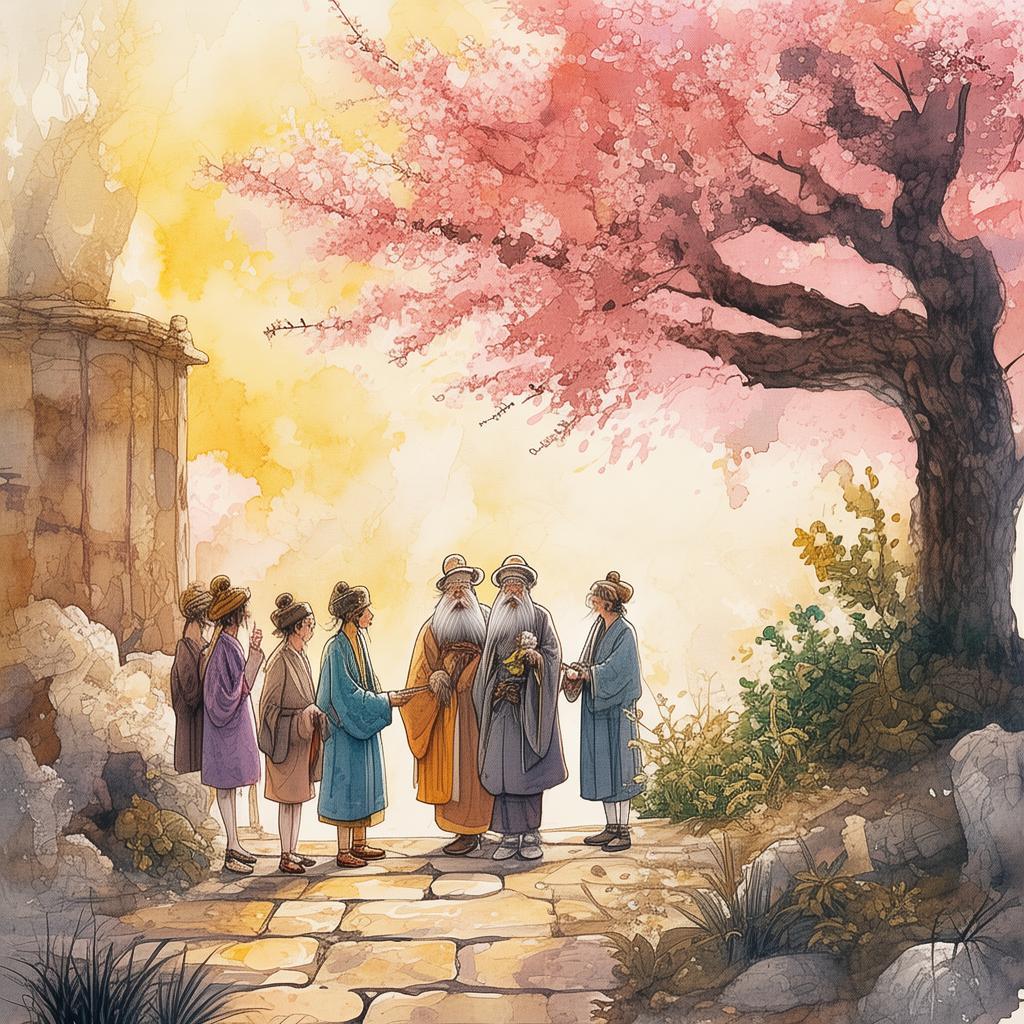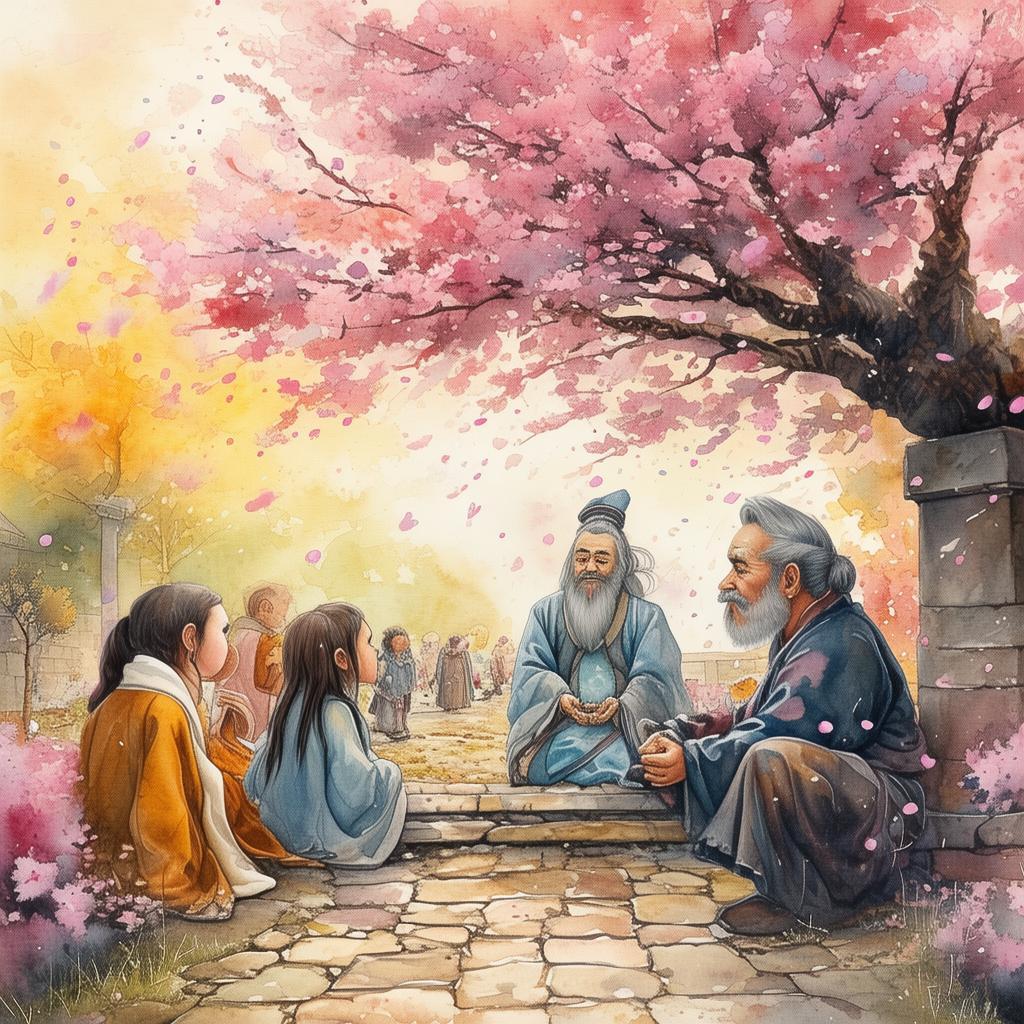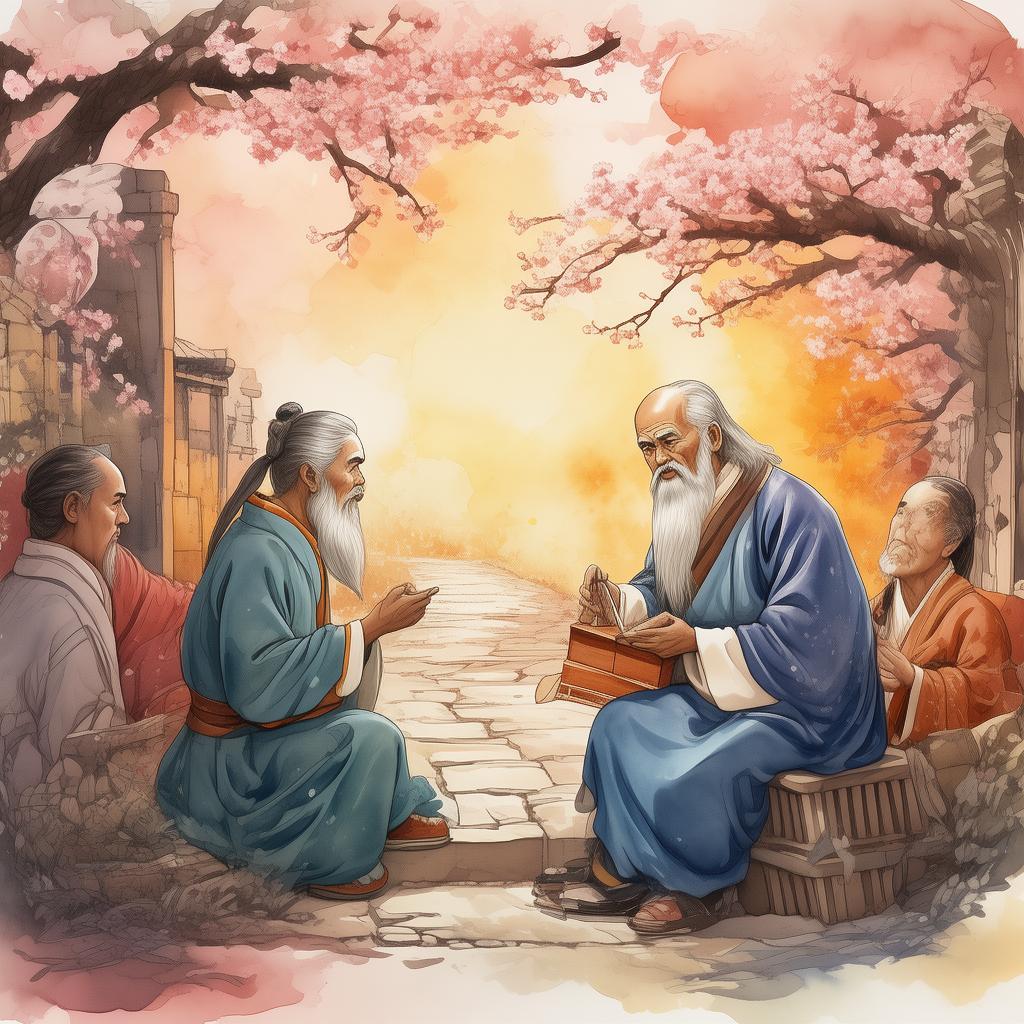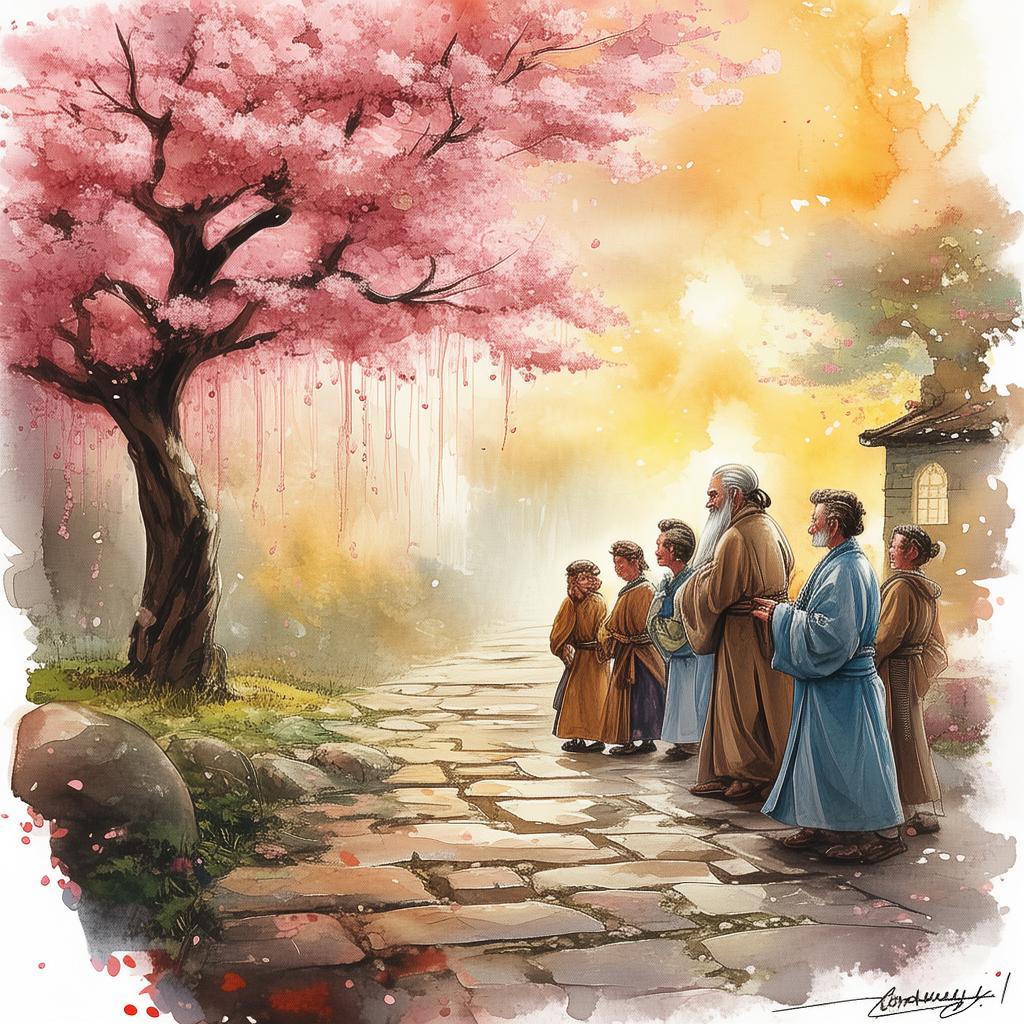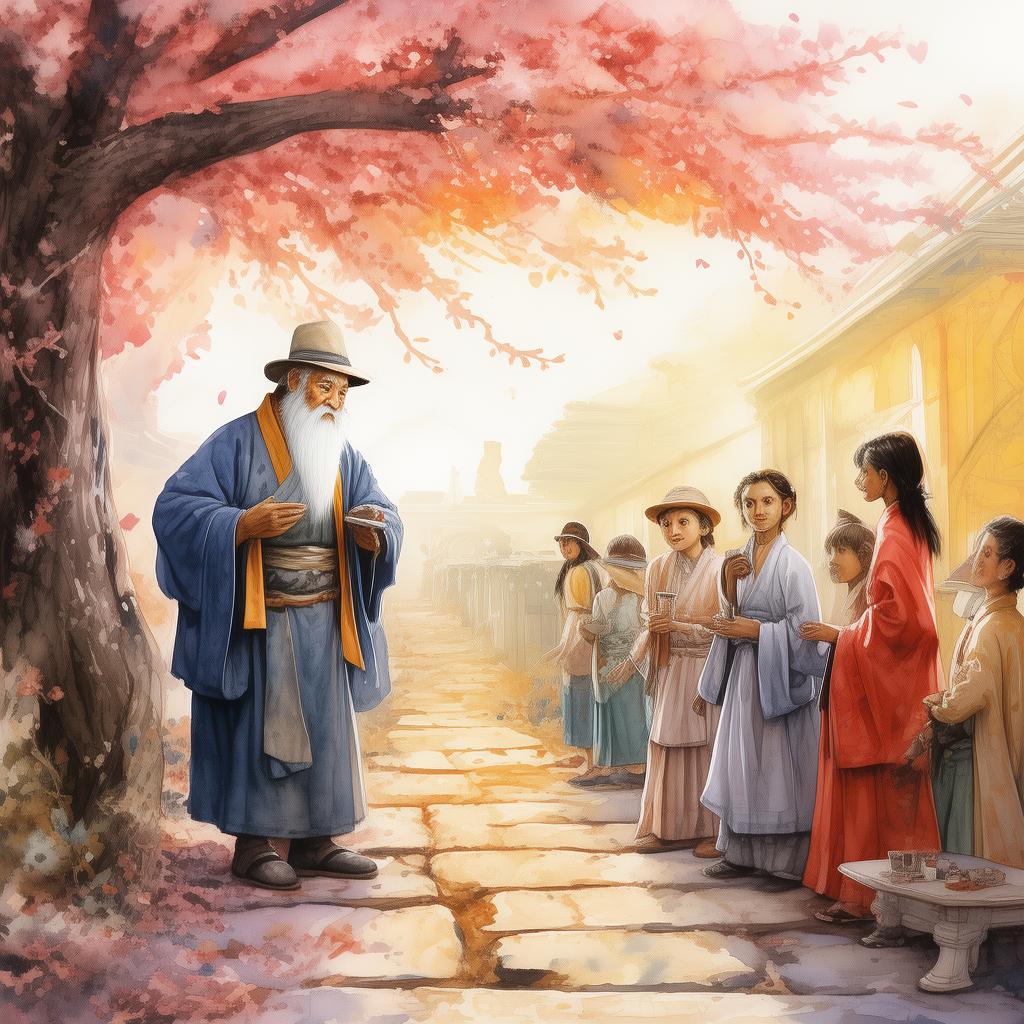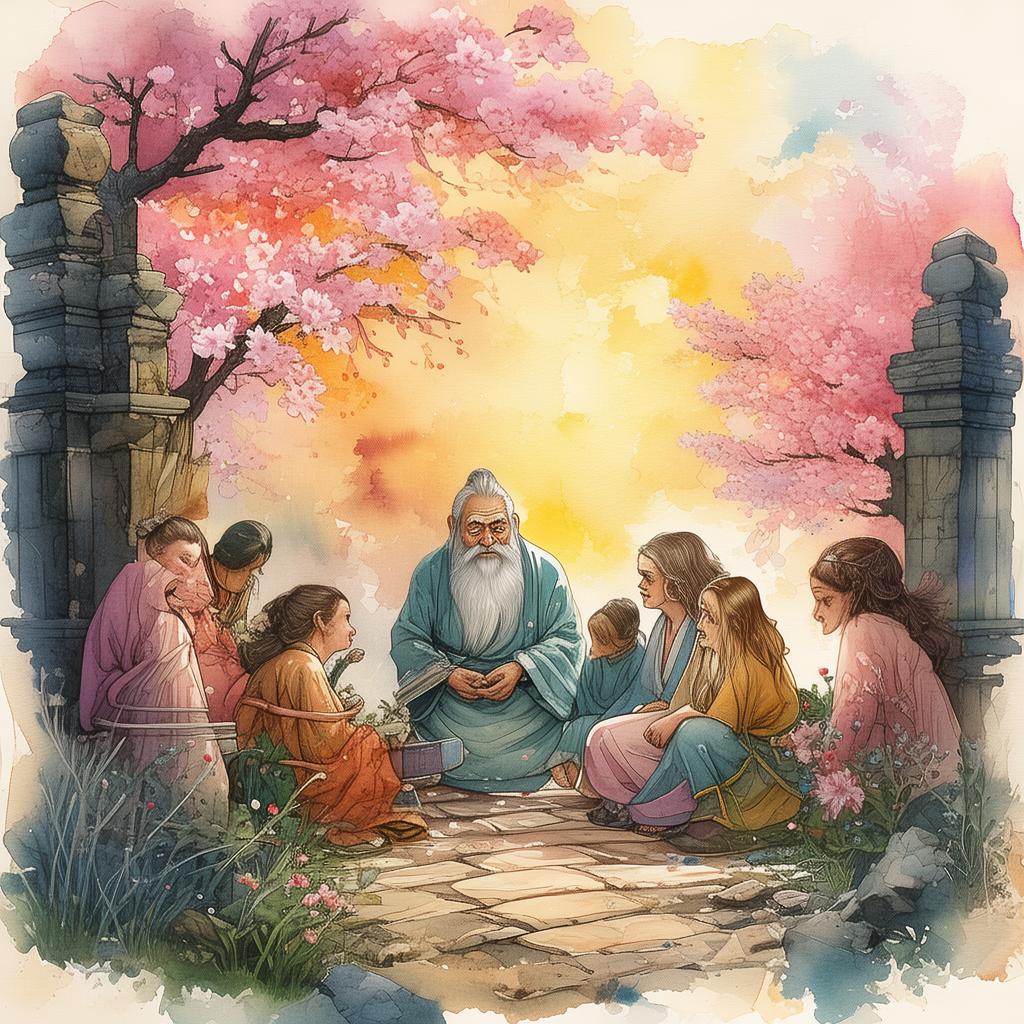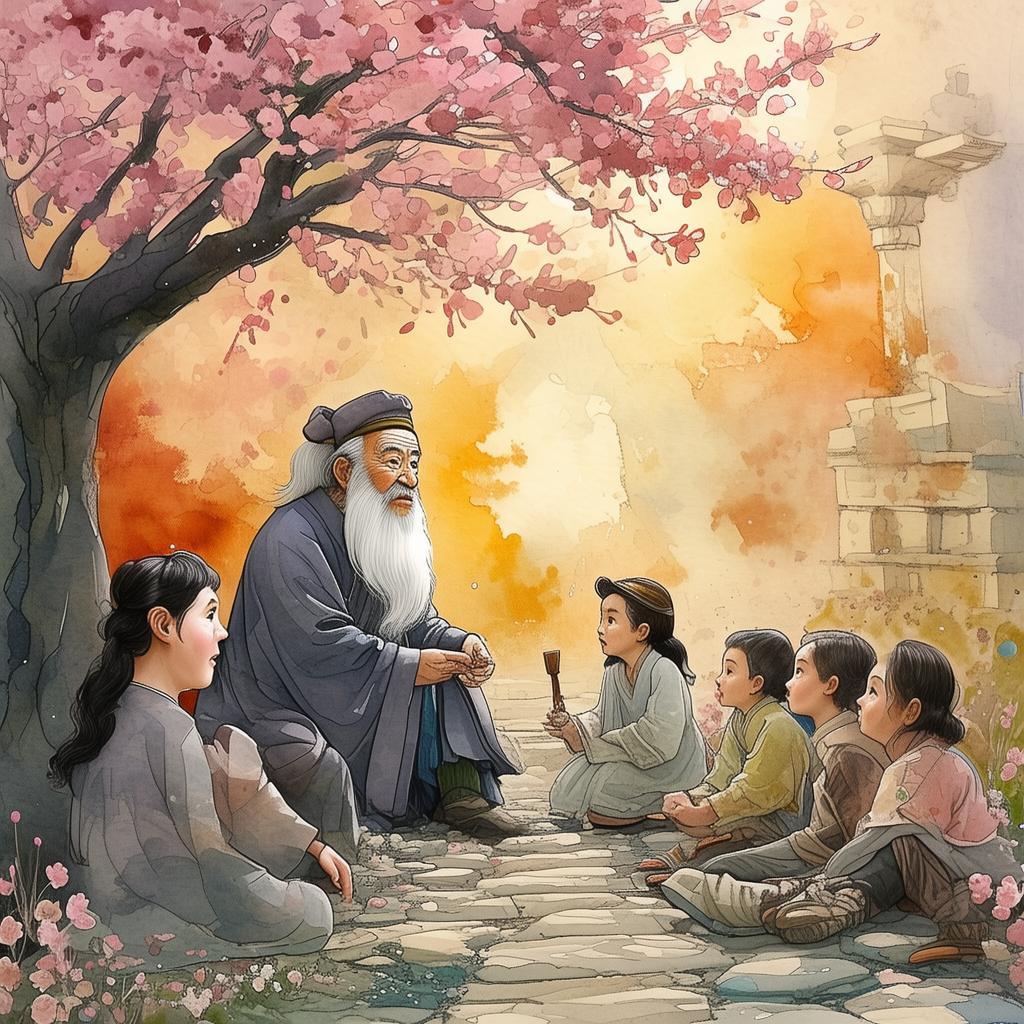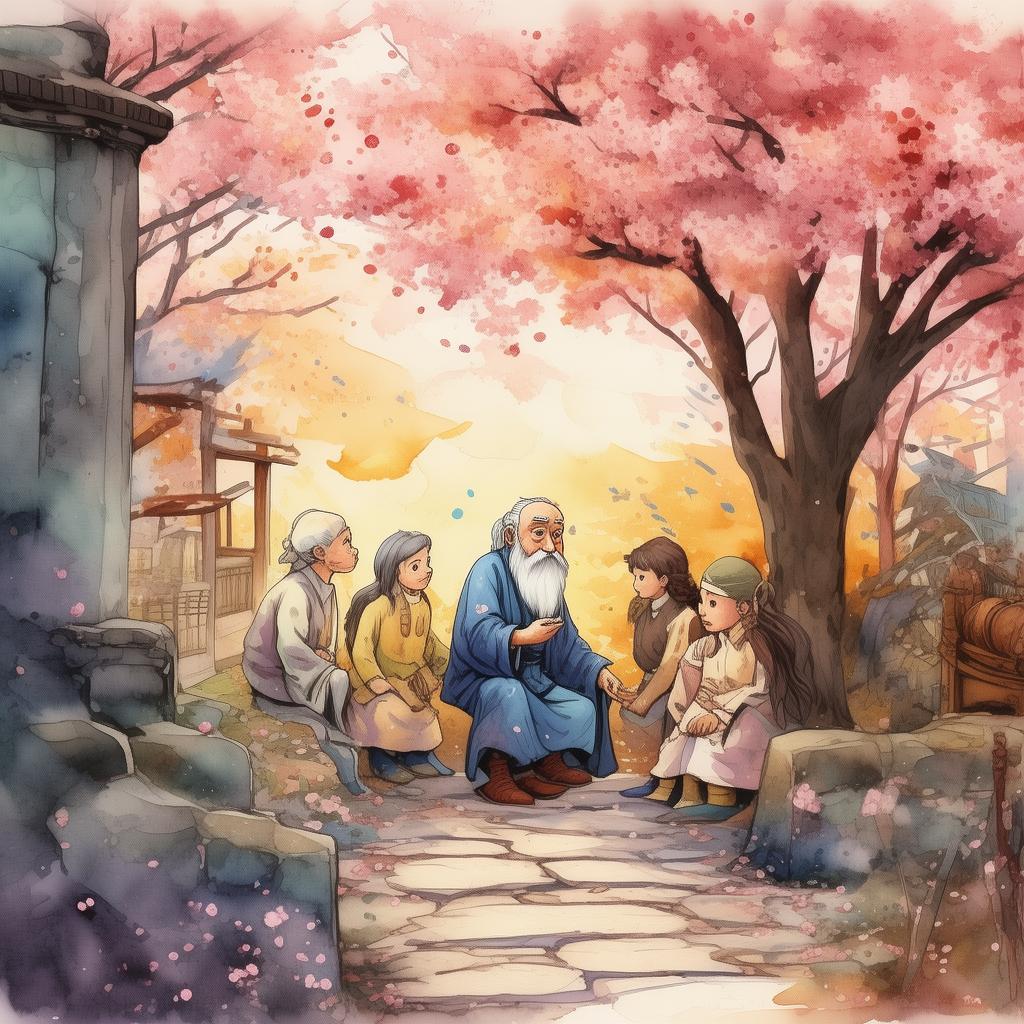The Unheard Melody of the Soul: A Phantom's Lament
In the heart of an ancient city, where the cobblestone streets whispered secrets of the past, lived a young composer named Ling. His music was known to stir the soul, to resonate with the depths of human emotion, but it was his latest composition, "The Unheard Melody of the Soul," that set him on a path he never could have imagined.
Ling had always been fascinated by the mysterious and the unexplained. His compositions often delved into the realm of the supernatural, but "The Unheard Melody" was different. It was as if it had a life of its own, a haunting presence that seemed to beckon him from the shadows. Each night, as he sat at his piano, the melody would come to him, but it was never complete. It was as if a ghostly hand was guiding his fingers, but the face of the phantom remained unseen.
One evening, as the city was enveloped in the soft glow of the moon, Ling was working on the melody once again. The music was flowing, but there was a sense of urgency, as if the phantom was in a hurry to impart something vital. As he played, the melody took a darker turn, and a chill ran down his spine. The music was beautiful, yet it carried with it a sense of dread and sorrow.
The next morning, as Ling walked through the city, he couldn't shake the feeling that he was being watched. He turned, but saw no one. Yet, the feeling persisted. It was as if the phantom was not just a presence in his mind, but also in the world around him.
Determined to uncover the source of this haunting, Ling began to investigate. He visited the city's oldest library, seeking any information about the melody or its origins. It was there, amidst the dusty tomes and ancient scrolls, that he discovered a reference to a legendary composer, a figure known only as the Phantom of the City.
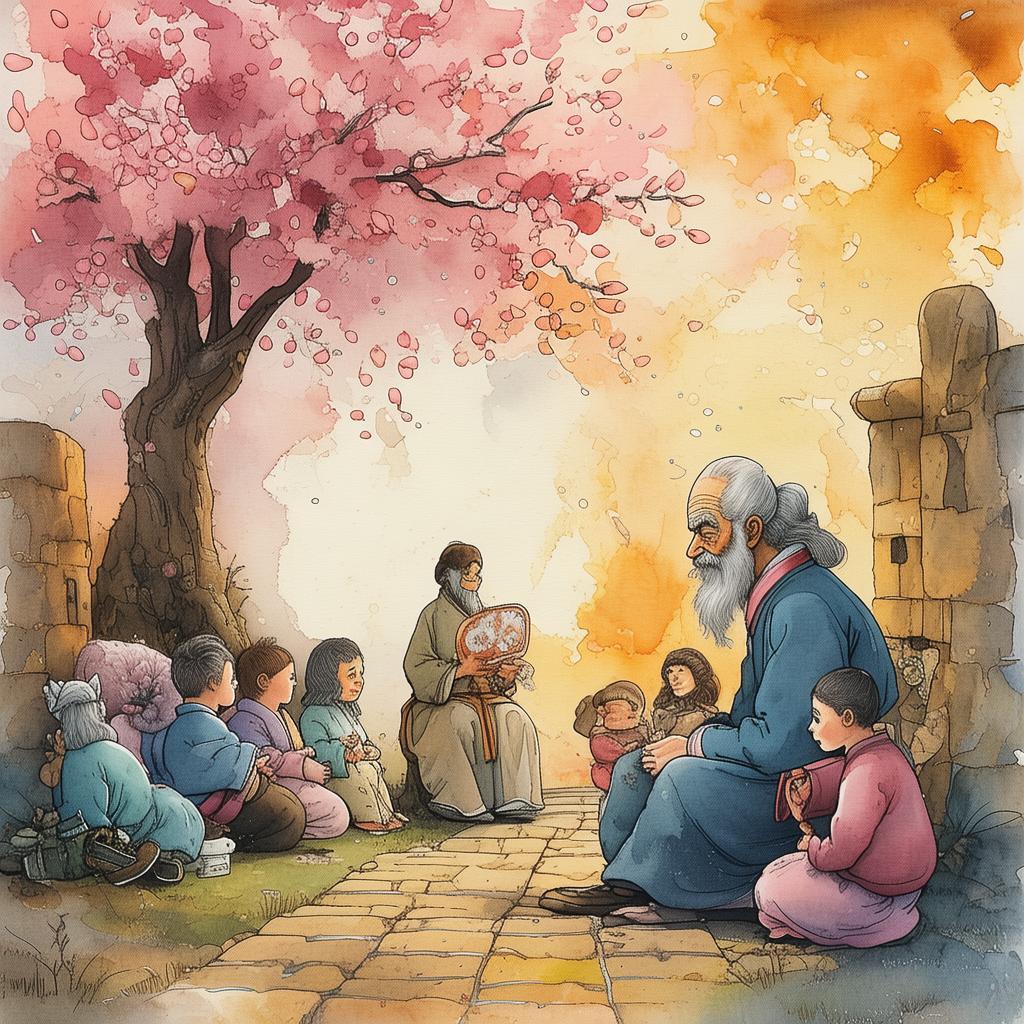
According to the legends, the Phantom was a brilliant musician who had fallen into a deep depression after the death of his beloved. His music was said to be filled with sorrow and longing, and he was believed to have been seen haunting the city's streets, searching for his lost love.
Intrigued, Ling began to piece together the story of the Phantom. He learned that the composer had been a victim of a tragic love story, one that mirrored his own. The Phantom had been in love with a woman who had been forced to marry another man. The Phantom's love was unrequited, and his sorrow had turned him into a ghost, haunting the city in search of his lost love.
As Ling delved deeper into the story, he found himself drawn to the Phantom's plight. He realized that the melodies he had been composing were not just a reflection of his own emotions, but a echoes of the Phantom's unspoken words. The music was a bridge between the living and the dead, a way for the Phantom to express his love and longing.
Determined to honor the Phantom's memory, Ling decided to finish "The Unheard Melody." He worked tirelessly, pouring his heart and soul into the composition. The music became a testament to the Phantom's love, a melody that was both beautiful and haunting.
The night he finally completed the piece, Ling performed it in the city's oldest concert hall. As he played, the audience was transported to a world of sorrow and longing. When the final note resonated through the hall, there was a moment of silence, followed by a wave of emotion that swept through the crowd.
After the performance, as Ling walked through the city, he felt a sense of peace. The haunting had lifted, and he realized that the Phantom's story had been his own. By completing the melody, he had not only honored the Phantom's memory but had also found redemption for himself.
The Unheard Melody of the Soul became a legend in its own right, a composition that spoke to the heart and soul of anyone who heard it. And in the quiet streets of the ancient city, where the cobblestone streets still whispered secrets, the Phantom was said to have found his peace, his love finally heard.
✨ Original Statement ✨
All articles published on this website (including but not limited to text, images, videos, and other content) are original or authorized for reposting and are protected by relevant laws. Without the explicit written permission of this website, no individual or organization may copy, modify, repost, or use the content for commercial purposes.
If you need to quote or cooperate, please contact this site for authorization. We reserve the right to pursue legal responsibility for any unauthorized use.
Hereby declared.
